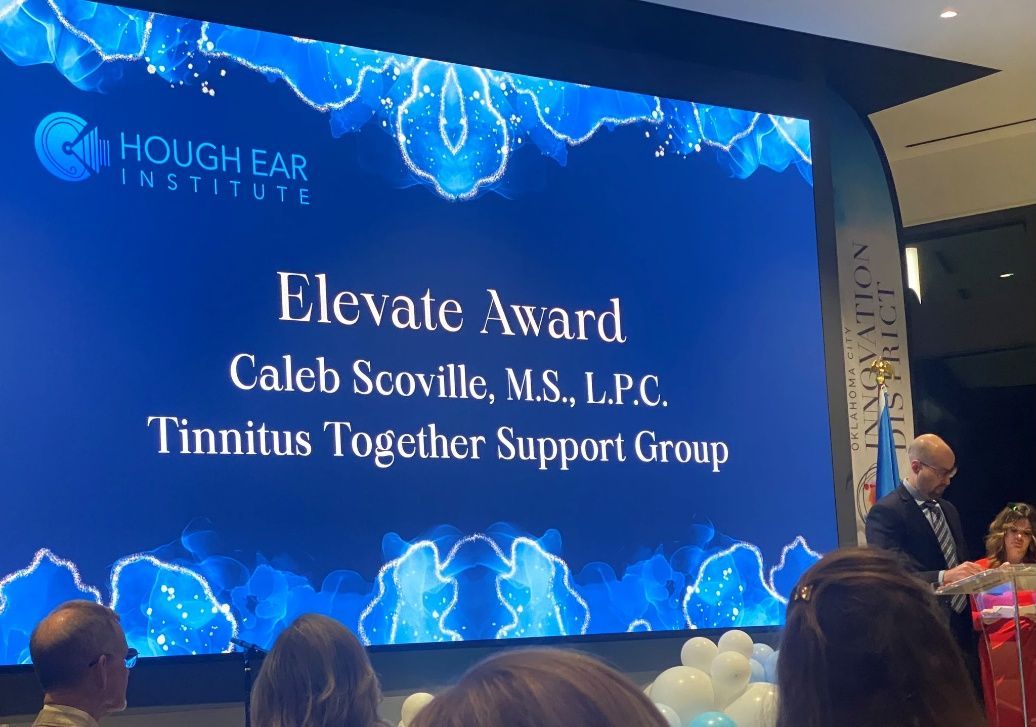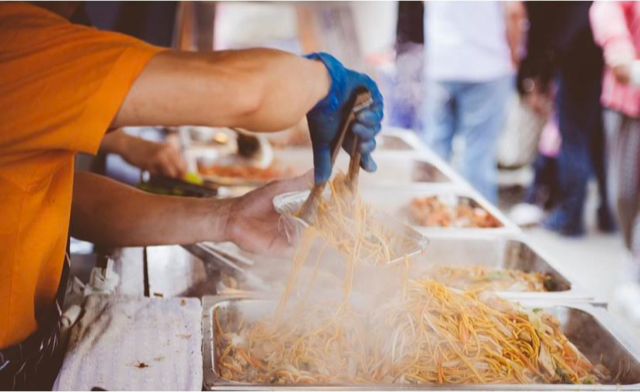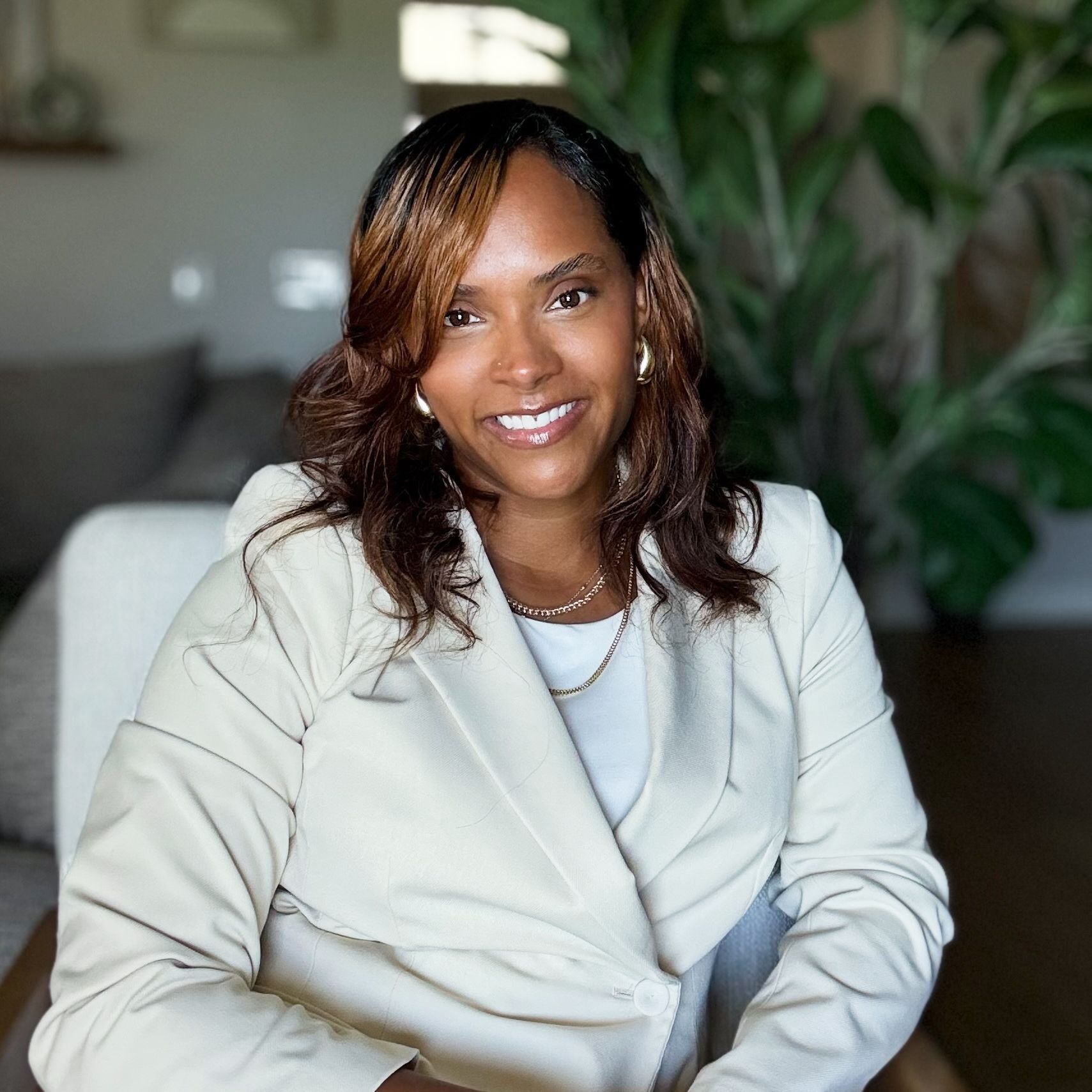Surviving The Holidays
by Caleb Scoville MS, LPC
Growing up, I never understood what was meant by the idea that Holidays could be difficult. I sort of understood the stress of siblings fighting over presents but could not fathom the notion that the holiday season could be emotionally difficult. Then, as most of us do, I suffered a loss in my life.
When you search for “surviving the holidays” on Google, the first search page comes up with many topics including “Surviving the holidays with the in-laws” “Surviving the holidays while unemployed,” “Surviving the holidays as a single parent” and “Surviving the holidays when you feel like a Grinch.”Surviving the holidays means something different to each of us. Whatever it means to you, there are general tips and ideas we can all keep in mind.
The Hallmark Channel (society) portrays the holidays in a certain light.In reality, relationships with our family members may not be intact, our troubles may be unresolved, we may never find our way back to the lost love and everything does not seemingly fall into place. The incessant messages of the “joyous holiday,” with everything comes together perfectly, can make anyone grieving, feel more alone and stressed than ever. With all the busyness during the holiday season (e.g. Halloween throughout New Years day) our grief tends to become even more disenfranchised. Cultural expectations of happiness and celebration can clash greatly with any notion of mourning during this time of year.
It is normal though to move back and fourth between being present with loved ones in celebration and having intense sorrow for the way things were.
Below are some tips for dealing with difficulties during the Holidays:
- Breathe deeply:
"Just breathe" advice is given so often, that it’s overlooked or taken with resentment. However, it can be very beneficial because many of us can find ourselves holding our breath during stressful times. Make a point of focusing on purposeful, slow, deep breathing.This will bring more oxygen to your body, lowering your heart rate and blood pressure, ensuring a sense of calm during times of stress.If you just cannot seem to calm yourself via breathing, give yourself something to do. Our brains are not built to ruminate over loss and stay busy at the same time (e.g. wrapping presents, decorating, cooking, etc.) This is a good
short-term solution
to keep from dwelling and hopefully assist you in joining social activities.
- Do not be afraid to talk about stressors.
It does not even need to be about the specific main stressor (death, illness, divorce, etc.). Sometimes talking about all our thoughts brings a sense of relief. If you are grieving a death, openly talking about your loved one is a great way to find meaning in the holiday and honor their memory. It can bring people together and eases your pain.
- Connect with family and friends.
Most people in our lives want to help, but often are unsure how to do that.Despite good intentions, as a society, we are unsure how to handle grief. You will more than likely have people say, "I’m so sorry" so often that this phrase loses its meaning. So do not be afraid to spell out to your listener(s) exactly what you need. "Hey I need a break, can we go get some coffee and talk?” “I just do not have the energy tonight, can we go get dinner?”“Can you just sit with me and let me share what I’ve been feeling lately?” “Please, help me with my Tree/decorations/cleaning!” Or maybe, you just need a hug for some extra encouragement to get through your day. Specific requests are good and people generally respond enthusiastically to them.
- If necessary, find a counselor.
According to the Grief Recovery Institute, grieving alone as a best policy is the top grieving misconception. If you do not have anyone to talk to, find a therapist or group therapy session. You will get a safe space to share your thoughts, feelings and memories. Being open and honest with others, being vulnerable, can be healing. Similarly, let yourself experience all of your emotions and anticipate grief bursts. Accept the rise and fall of your feelings without shame or self-judgment.
Thanksgiving has come and gone, but we can continue that practice of being thankful. We can certainly be thankful for the big things in our lives because those may be easy to notice. Try incorporating some mindfulness and gratefulness into your day for all things. Notice the weather and what you like about it, enjoy that warm cup of coffee in the quiet of the morning and savor your children’s smile while they enjoy their gifts.
Social worker, researcher, and author Brene Brown is quoted as saying
“ I don’t have to chase extraordinary moments to find happiness-it’s right in front of me if I’m paying attention and practicing gratitude.” - Do not let guilt get in the way.
It is not a betrayal of your feelings or marginalizing the loss you have experienced to enjoy the events of the holiday season.So do not shy away from joy, laughter or happy moments these are great ways of healing and creating new traditions.
Following a significant change in family dynamics, the holidays, life for that matter, will never be the same. But, we can find ways of creating new traditions, making meaningful memories and a meaningful life. Holidays can be something we can look forward to again.
Chaplain and grief specialist Gary Roe says this about grief:"Our grief is deeply personal. Our loss is unique because our loved ones were one-of-a-kind. Our relationships were special. Others can relate and perhaps empathize, but our hearts and our grief are our own – ours alone.
Special. Lonely. A contradiction of love.
This season, we live the contradiction. We grieve because we love. Love endures. It always will.
We speak their names. We tell their stories. We live their legacies. We remember and honor them.
We will live, and be difference-makers that they would be proud of.
We will give thanks.”
The Reference section below has some great resources for you, as well.
References/Resources
http://www.griefhealing.com/coping-with-holidays-articles.htm
https://www.garyroe.com/2017/11/13/when-grief-and-holidays-collide/
http://leftbrainbuddha.com/10-ways-ban-busy-still-get-stuff-done/
Author: Caleb Scoville
, MA, LPC
, is a clinical member at Transforming Life Counseling Center.







